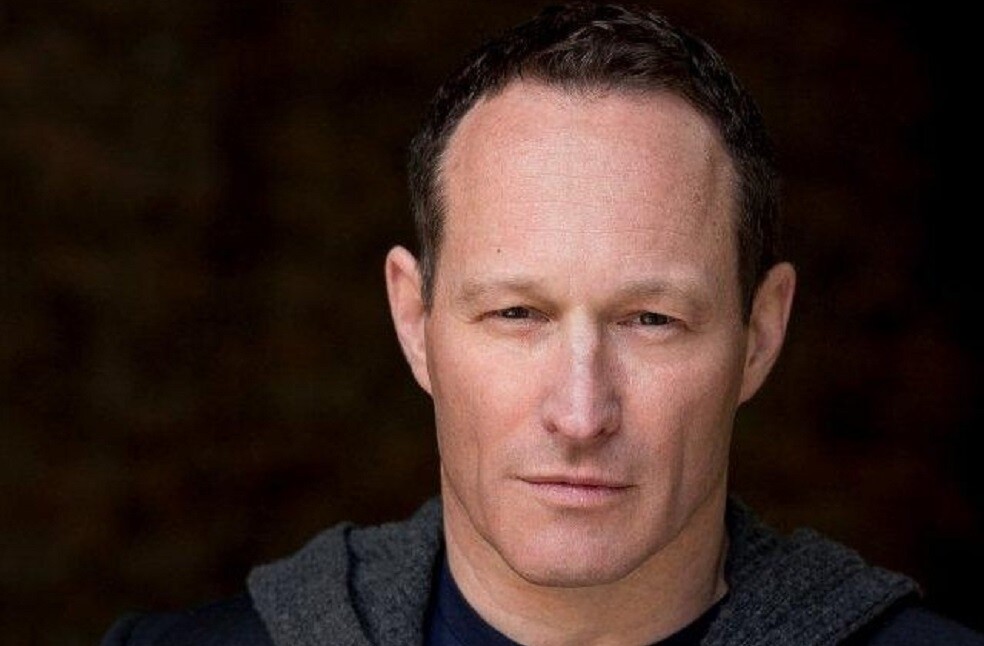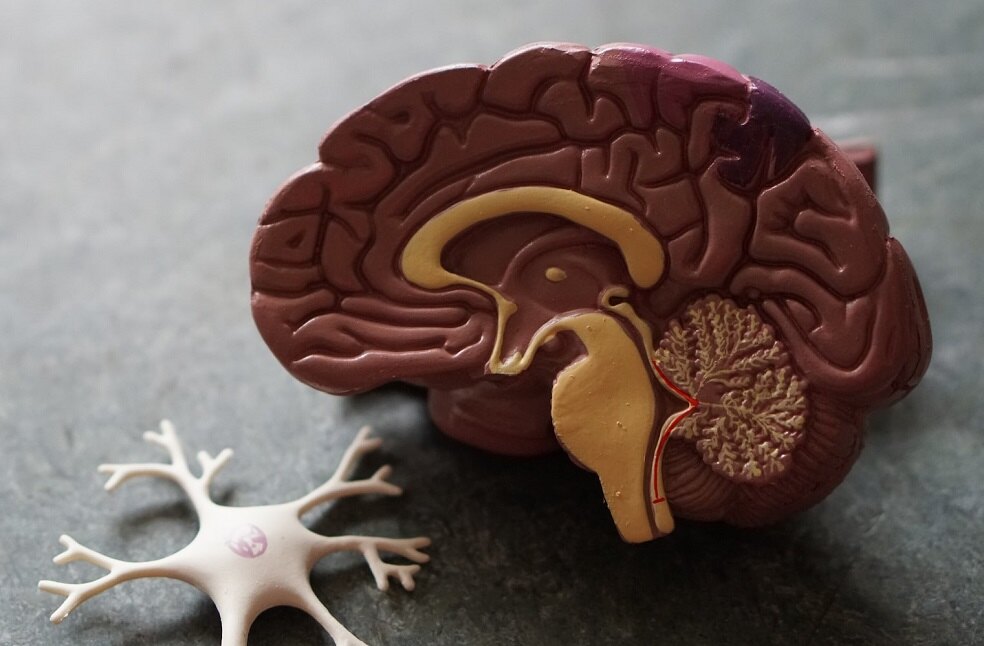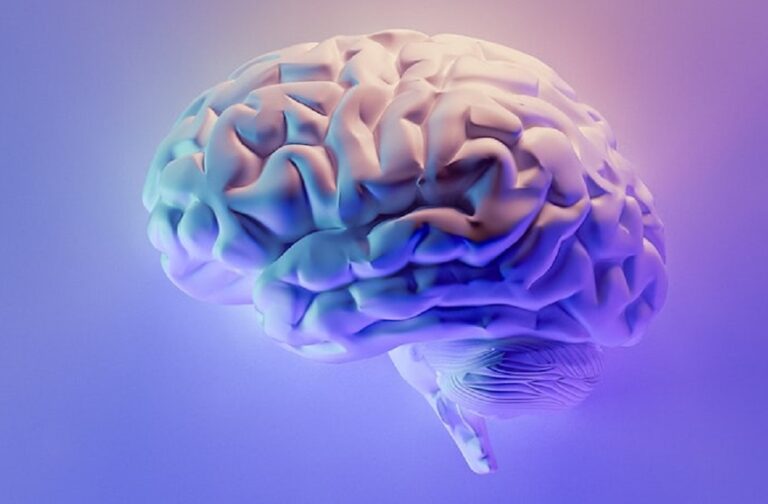United States: Neuroscientists Ms. Tamar Makin and Mr. John Krakauer have argued that previous studies don’t conclusively show the brain’s capacity to rewire itself after a stroke, an amputation, or sudden loss of vision or hearing can functionally reorganize itself.
“The idea that our brain has an amazing ability to rewire and reorganize itself is an appealing one. It gives us hope and fascination, especially when we hear extraordinary stories,” remarked Mr. Krakauer from Johns Hopkins University.
“This idea goes beyond simple adaptation, or plasticity – it implies a wholesale repurposing of brain regions. But while these stories may well be true, the explanation of what is happening is, in fact, wrong,” Mr. Krakauer added.

Their paper was published in the journal eLife. According to them, none of the major studies fit the definition of cognitive reorganization, which is the process by which a brain area that is typically used for one kind of computation can now perform a completely different kind of cognition, as indicated by a shift in behavior or function.
“We conclude that none of the canonical studies we reviewed convincingly fulfill these criteria,” they write.
Ms. Makin is a cognitive neuroscience professor at the University of Cambridge. Her work focuses on the boundaries of neuroplasticity in adults with disabilities, such as those who use prosthetic limbs.
“If the visual cortex is re-appropriated to support new functions, then it follows that restoration of visual input will be futile (or will at least require substantial reversal of reorganization). But this is not the case. Not only are the children immediately able to perceive some visual information, they show susceptibility to visual illusions,” the authors cited in their paper.

As stroke rehabilitation enthusiasts, Makin and Krakauer have personally witnessed the “astonishing and remarkable behavioral transformations” that can occur after “neurological injuries, like birth deformities, hearing loss, amputation, and stroke.”
“So many times, the brain’s ability to rewire has been described as ‘miraculous’ – but we’re scientists, we don’t believe in magic,” Ms. Makin stated.
“These amazing behaviors that we see are rooted in hard work, repetition and training, not the magical reassignment of the brain’s resources,” Ms. Makin further observed.



